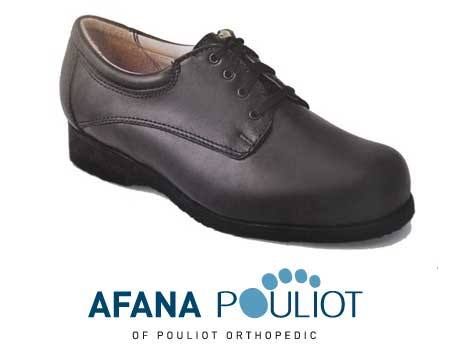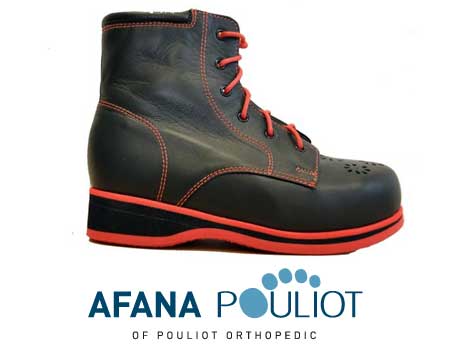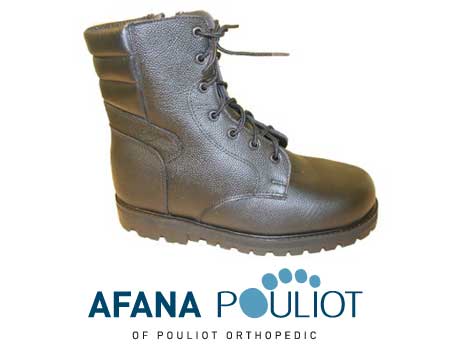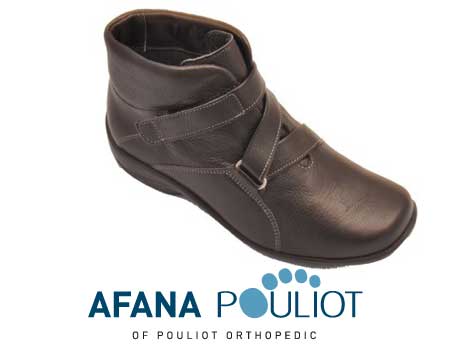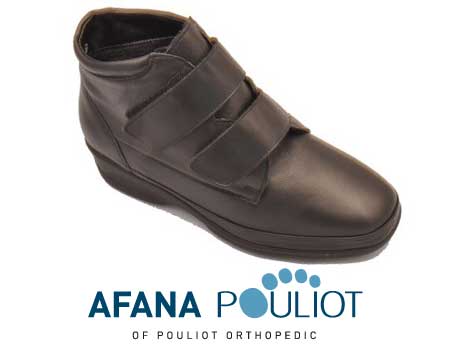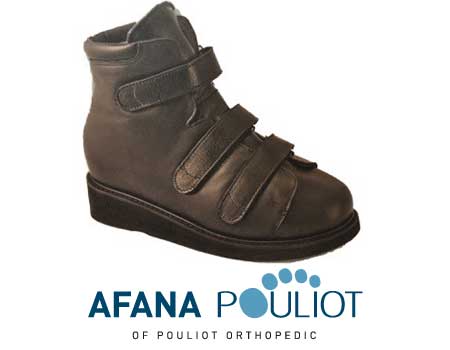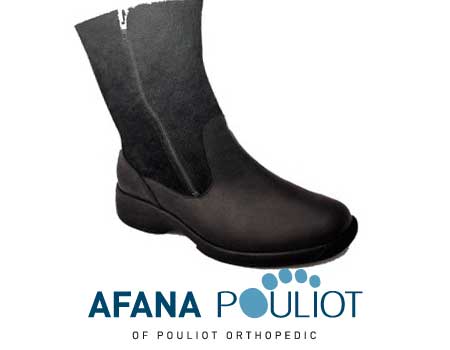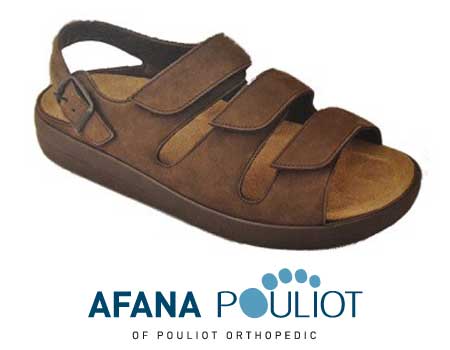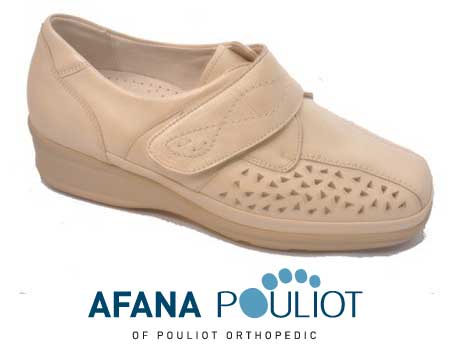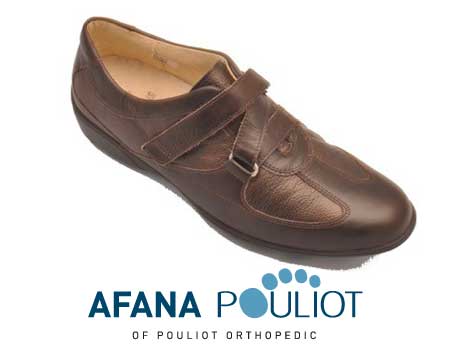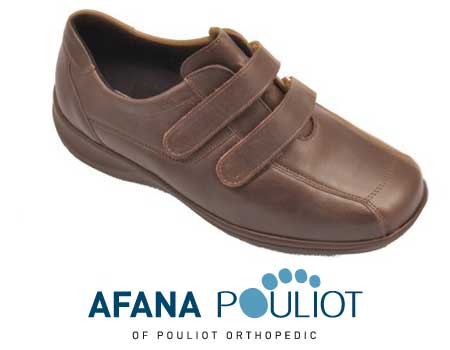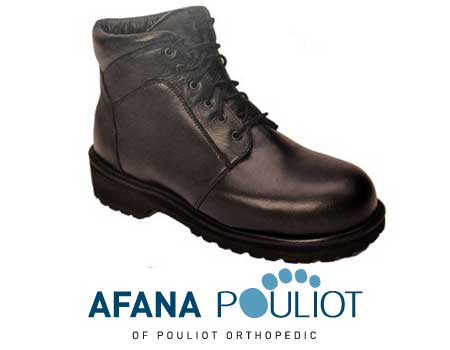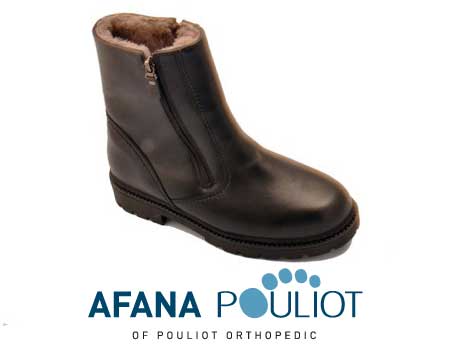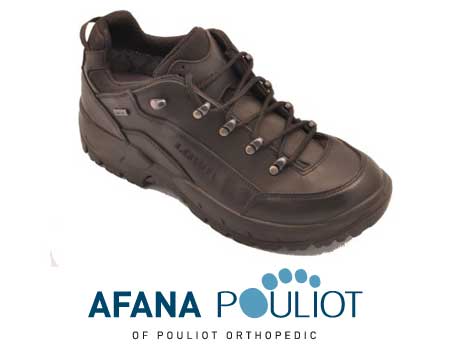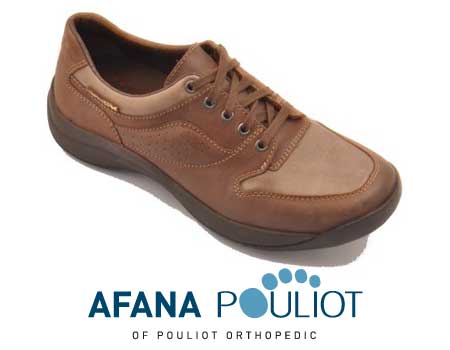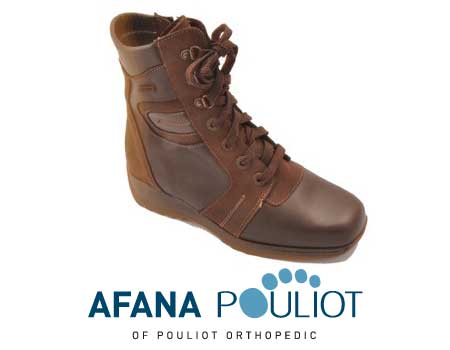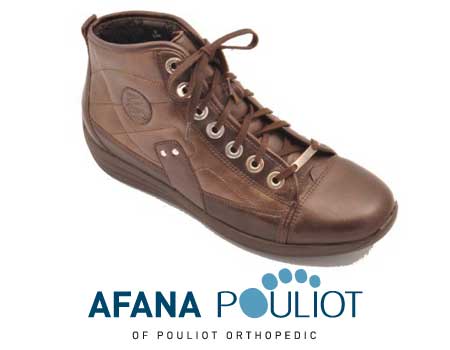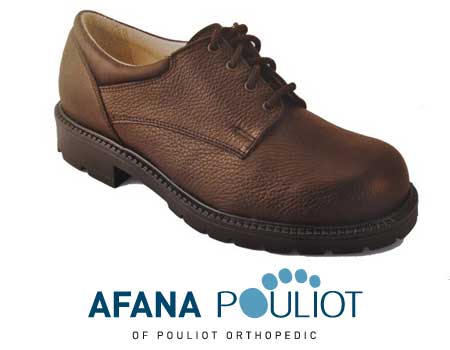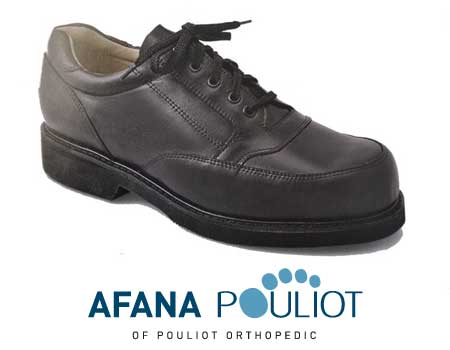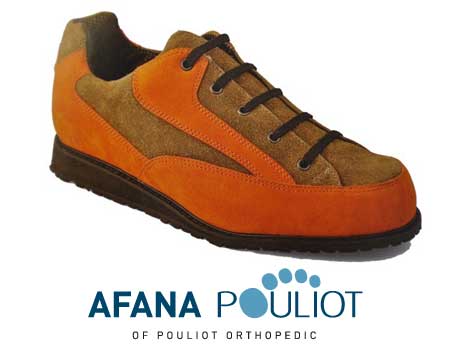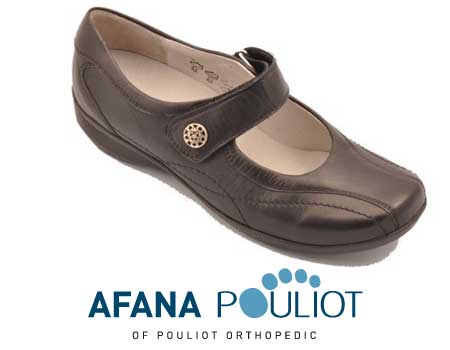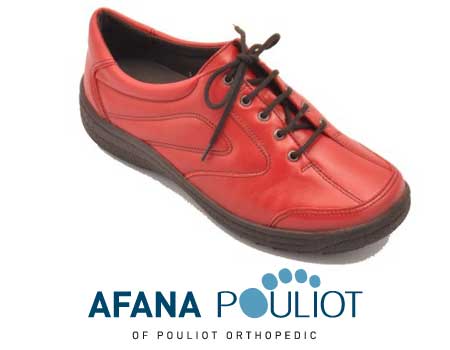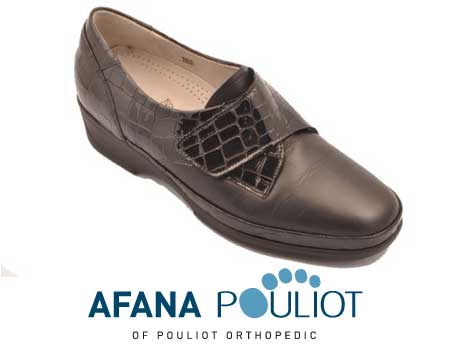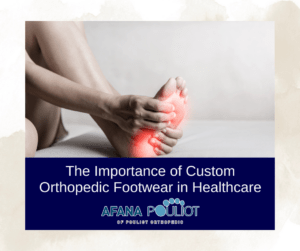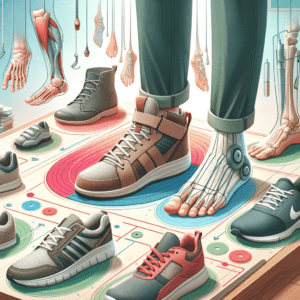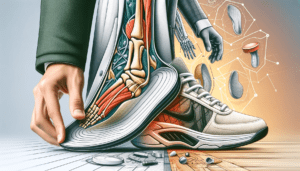If you suffer from foot problems, you know how debilitating it can be. Foot conditions like plantar fasciitis, flat feet, and bunions can make simple tasks like walking or standing for extended periods unbearable. Fortunately, orthopedic shoes are designed to provide the necessary support and comfort to alleviate the pain and discomfort associated with these conditions. Unlike regular shoes, orthopedic shoes incorporate features such as arch support, deep heel cups, and wider toe boxes that help to distribute pressure evenly throughout the foot. In this article, we’ll take a closer look at why orthopedic shoes are essential for people with foot problems and how they can help you get back on your feet. So, whether you’re an athlete looking to improve your performance or someone seeking relief from chronic foot pain, read on to find out why orthopedic shoes are a must-have for anyone with foot problems.
Common Foot Problems and How Orthopedic Shoes Can Help
One of the most common foot problems is plantar fasciitis, which is caused by inflammation of the plantar fascia, a band of tissue that connects the heel bone to the toes. This condition can cause severe pain and discomfort, especially in the morning when you take your first steps. Orthopedic shoes designed for plantar fasciitis have a firm heel cup, a contoured footbed, and a rocker sole that helps to reduce the tension on the plantar fascia. Additionally, these shoes have extra cushioning in the heel and forefoot to absorb shock and reduce pressure on the feet.
Another common foot problem is flat feet, which occurs when the arches of the feet collapse. This can cause pain, discomfort, and fatigue in the feet, legs, and lower back. Orthopedic shoes for flat feet have a supportive arch that helps to distribute pressure evenly throughout the foot. Additionally, these shoes have a deep heel cup that helps to stabilize the heel and prevent overpronation, which can contribute to flat feet.
Bunions are another common foot problem that can cause pain, discomfort, and deformity of the toes. Orthopedic shoes for bunions have a wider toe box that allows the toes to spread out and reduces pressure on the bunion. Additionally, these shoes have a firm sole that helps to reduce the risk of injury and provides stability when walking.
Benefits of Wearing Orthopedic Shoes
The benefits of wearing orthopedic shoes are numerous. First and foremost, these shoes provide the necessary support and comfort to alleviate the pain and discomfort associated with foot problems. Additionally, orthopedic shoes can help to improve your posture and balance, which can reduce the risk of falls and injuries.
Orthopedic shoes also promote better foot health by preventing and treating foot problems such as plantar fasciitis, flat feet, and bunions. By providing the necessary support and cushioning, these shoes can reduce the risk of foot injuries and improve your overall foot health.
Finally, orthopedic shoes can help to improve your athletic performance by providing the necessary support and cushioning to reduce the risk of injuries. Whether you’re a runner, a walker, or a fitness enthusiast, orthopedic shoes can help you to achieve your fitness goals by providing the necessary support and comfort to keep you going.
Types of Orthopedic Shoes Available
There are many different types of orthopedic shoes available, each designed to address specific foot problems. Some of the most common types of orthopedic shoes include:
– Athletic shoes: Designed for athletes and fitness enthusiasts, these shoes provide the necessary support and cushioning to reduce the risk of injuries.
– Dress shoes: Designed for formal occasions, these shoes provide the necessary support and cushioning to keep your feet comfortable all day long.
– Sandals: Designed for warm weather, these shoes provide the necessary support and cushioning to keep your feet comfortable and cool.
– Boots: Designed for cold weather, these shoes provide the necessary support and cushioning to keep your feet warm and comfortable.
How to Choose the Right Orthopedic Shoes
Choosing the right orthopedic shoes is essential to ensuring that you get the necessary support and comfort to alleviate the pain and discomfort associated with foot problems. Here are some tips to help you choose the right orthopedic shoes:
– Consult with your doctor or podiatrist to determine the best type of orthopedic shoes for your specific foot problem.
– Look for shoes that are designed for your specific foot problem, such as plantar fasciitis, flat feet, or bunions.
– Choose shoes that fit well and provide the necessary support and cushioning.
– Look for shoes with a firm sole, a deep heel cup, and a contoured footbed.
– Choose shoes that are made from high-quality materials that are durable and breathable.
Caring for Your Orthopedic Shoes
Caring for your orthopedic shoes is essential to ensuring that they last as long as possible and provide the necessary support and comfort. Here are some tips to help you care for your orthopedic shoes:
– Clean your shoes regularly with a damp cloth and mild soap.
– Allow your shoes to air dry completely before wearing them again.
– Avoid exposing your shoes to extreme heat or cold, as this can damage the materials.
– Store your shoes in a cool, dry place away from direct sunlight.
Where to Buy Orthopedic Shoes
Orthopedic shoes can be purchased from a variety of retailers, including specialty shoe stores, online retailers, and medical supply stores. When shopping for orthopedic shoes, be sure to choose a reputable retailer that offers a wide selection of high-quality shoes.
Frequently Asked Questions About Orthopedic Shoes
Q: Are orthopedic shoes covered by insurance?
A: In some cases, orthopedic shoes may be covered by insurance. However, this will depend on your specific insurance policy and the type of shoes that you need.
Q: How long do orthopedic shoes last?
A: The lifespan of orthopedic shoes will depend on a variety of factors, including the quality of the materials, how often you wear them, and how well you care for them. On average, orthopedic shoes should last for at least six months to a year.
Q: Can orthopedic shoes be repaired?
A: In some cases, orthopedic shoes can be repaired. However, this will depend on the specific type of shoe and the extent of the damage.
Success Stories of People Who Have Benefited from Orthopedic Shoes
Thousands of people have benefited from wearing orthopedic shoes. Here are some success stories from people who have found relief from foot problems by wearing orthopedic shoes:
“I suffered from plantar fasciitis for years, and it was affecting my quality of life. Since I started wearing orthopedic shoes, the pain has completely disappeared, and I can walk and stand for extended periods without any discomfort.”
“I have flat feet, and it was causing me a lot of pain and discomfort. Since I started wearing orthopedic shoes, my feet feel so much better, and I can walk and run without any problems.”
“I have bunions, and it was making it difficult to find shoes that fit comfortably. Since I started wearing orthopedic shoes with a wider toe box, my feet feel so much better, and I can wear shoes without any pain or discomfort.”
Orthopedic shoes are essential for anyone who suffers from foot problems. These shoes provide the necessary support and comfort to alleviate the pain and discomfort associated with foot conditions like plantar fasciitis, flat feet, and bunions. Whether you’re an athlete looking to improve your performance or someone seeking relief from chronic foot pain, orthopedic shoes can help you get back on your feet and enjoy a better quality of life. So, if you suffer from foot problems, consider investing in a pair of high-quality orthopedic shoes today!


